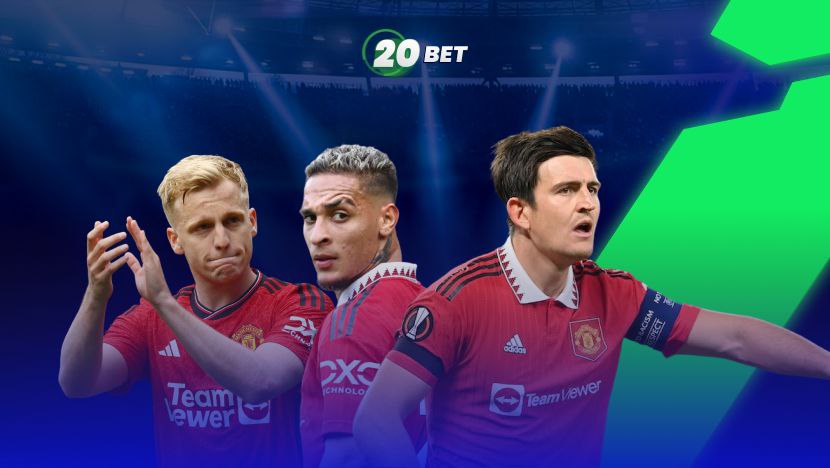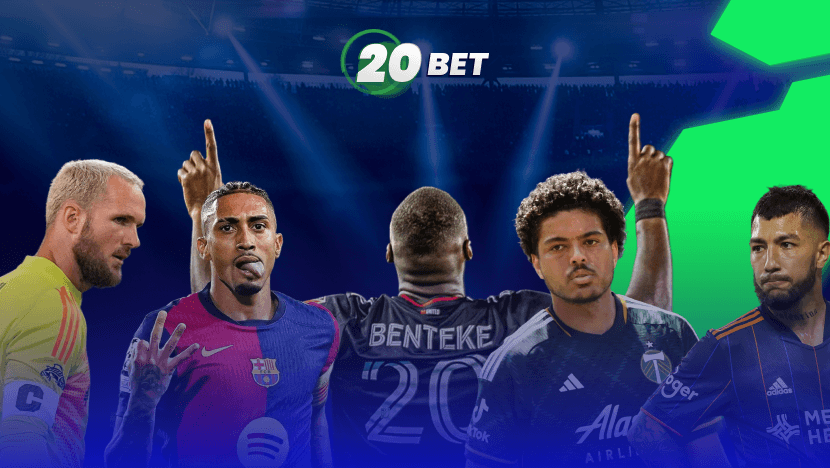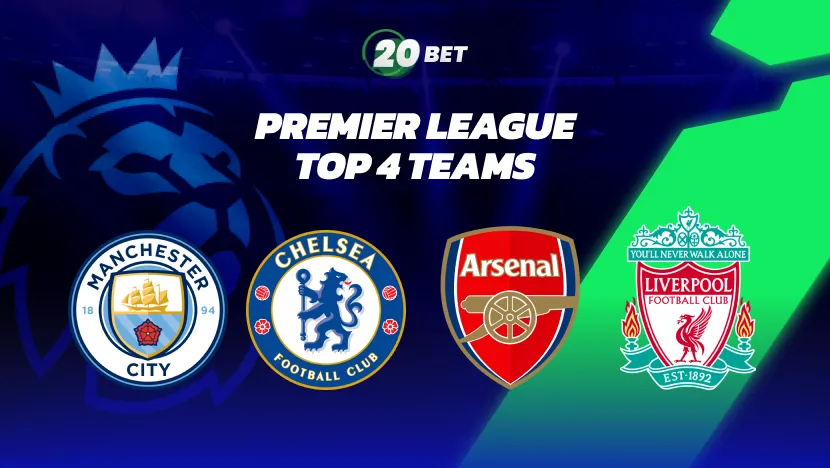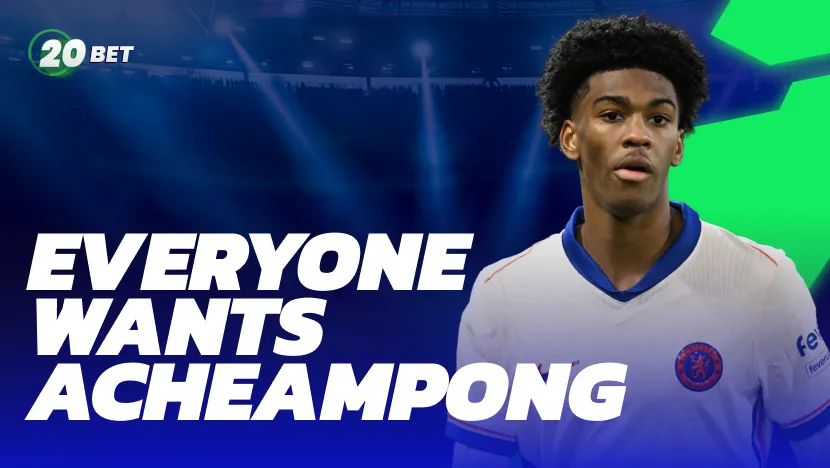Since taking over Manchester United in 2005, the Glazer family’s reign has been synonymous with extravagant spending. While the club has achieved moments of glory, its transfer dealings have often been questionable, particularly post-Sir Alex Ferguson’s retirement. Despite investing over £2 billion in players, several high-profile signings have failed to meet expectations. Here, we examine the 10 worst signings of the Glazer era.
10. Radamel Falcao (£16m loan fee from Monaco, 2014)
Falcao’s arrival on loan generated excitement, given his stellar record at Atletico Madrid and Porto. However, the Colombian striker never looked fully fit, scoring just four goals in 29 appearances. His inability to adapt to the Premier League’s pace and physicality made him a costly short-term gamble that backfired spectacularly. Falcao’s stint is a reminder of the risks associated with signing injury-prone players.
9. Angel Di Maria (£59.7m from Real Madrid, 2014)
Di Maria’s signing was another headline-grabber. Starting brightly, the Argentine bagged two goals and two assists in his first four games, including a sublime chip against Leicester. However, injury issues, an unsettling robbery at his home, and discontent with Louis van Gaal’s tactics saw his form nosedive.
BREAKING: Angel Di Maria has completed his move to #mufc for a British record fee of £59.7m. #WelcomeDiMaria pic.twitter.com/ySiDmJM0gD
— Manchester United (@ManUtd) August 26, 2014
Di Maria lasted only one season before being sold to PSG for a significant loss. His departure highlighted the club’s inability to integrate top talent effectively and manage players’ personal challenges off the pitch
8. Anthony Martial (£36m from Monaco, rising to £58m, 2015)
Martial arrived as a highly-rated teenager, with comparisons to Thierry Henry setting the bar incredibly high. While Martial has shown glimpses of brilliance, his Manchester United career has been marred by inconsistency and frequent injuries.
Despite being given numerous opportunities under various managers, he has failed to become the talisman Manchester United hoped for. The significant investment in Martial has not yielded consistent returns, making his transfer a long-term disappointment.
7. Memphis Depay (£31m from PSV Eindhoven, 2015)
Depay was handed the iconic No. 7 shirt upon arrival, adding pressure to the young Dutchman. Despite excelling in the Eredivisie, he couldn’t replicate his form in England. With only seven goals in 53 appearances, Depay struggled to adapt to the Premier League’s physicality. Sold to Lyon after just 18 months, Depay’s Man United stint remains one of the biggest letdowns of the Glazer era.
6. Paul Pogba (£89m from Juventus, 2016)
Manchester United broke the transfer record to bring Pogba back, hoping to rekindle the magic of his Juventus days. Although there were flashes of brilliance, inconsistency and off-field drama defined his second stint.
Paul Pogba and Bruno under Ole Gunnar Solskjaer seems so illegal man ♥️🔥 pic.twitter.com/6aqlSPcVEX
— United Pride (@UtdPride) January 28, 2025
Persistent injuries and clashes with Jose Mourinho further hindered his impact. Pogba left on a free transfer in 2022, having failed to justify his hefty price tag. His time at Old Trafford became a tale of unfulfilled promise. Pogba’s saga highlights how personality clashes and poor squad management can overshadow individual talent.
5. Jadon Sancho (£73m from Borussia Dortmund, 2021)
After a protracted transfer saga, Manchester United finally secured Sancho’s services. Touted as one of Europe’s brightest young talents, the winger has failed to live up to his billing. With just 12 goals and six assists in over 80 appearances, Sancho’s performances have been underwhelming.
A public fallout with Erik ten Hag in 2023, coupled with poor form, has further tarnished his reputation. Sancho’s ongoing struggles epitomize Man United’s mismanagement in recent years, particularly in developing young players who require confidence and clear tactical roles.
4. Alexis Sanchez (£300k/week wages, swap deal with Arsenal, 2018)
Hyped as a marquee signing, Sanchez’s move to Old Trafford was celebrated as a coup. However, the Chilean forward failed to deliver. Scoring just five goals in 45 appearances, Sanchez looked a shadow of the player who dazzled at Arsenal.
His exorbitant wages disrupted the club’s salary structure, leading to further dressing-room discontent.
Imagine if Alexis Sanchez didn’t flop at Man United 💔 pic.twitter.com/ZBpLhvHdUw
— ❤️🔥 (@UnitedJxy) September 7, 2024
By the time he was loaned out to Inter Milan, his stint at Manchester United had become synonymous with wasted potential and poor recruitment strategies. Sanchez’s signing is often seen as emblematic of the club’s inability to identify players who fit its system.
3. Harry Maguire (£80m from Leicester City, 2019)
Still one of the world’s most expensive defenders, Maguire’s tenure at Manchester United has been tumultuous. Initially appointed captain, his lack of leadership and repeated defensive errors have made him a target for criticism.
While Maguire remains a hardworking professional, his inability to justify his price tag has highlighted the club’s tendency to overpay in the transfer market. Stripped of the captaincy in 2023, Maguire’s decline underscores Man United’s fall from defensive solidity. His case also raises questions about the pressure of inflated transfer fees on players.
2. Donny van de Beek (£40m from Ajax, 2020)
A Champions League semi-finalist with Ajax, van de Beek arrived with high expectations. However, the Dutchman has struggled for game time, finding himself behind Bruno Fernandes and others in the pecking order.
Injuries and a lack of confidence have further hindered his progress. By 2024, van de Beek had been loaned out multiple times, with Manchester United seemingly keen to cut their losses.
This case underscores the importance of understanding a player’s role and ensuring a clear development pathway. After unsuccessful loans at Everton and Eintracht Frankfurt, van de Beek is now a regular starter for Spanish side Girona.
1. Antony (£85m from Ajax, 2022)
Antony was brought in to provide creativity and flair under Erik ten Hag, who had worked with the Brazilian winger at Ajax. However, Antony’s debut season fell well below expectations, with just eight goals and a handful of assists.
Criticized for being overly reliant on his left foot and predictable in attack, Antony has struggled to adapt to the Premier League’s intensity. His hefty price tag has added immense pressure, and fans have grown frustrated with his lack of impact in key matches.
Antony has more yellow cards than Premier League goal contributions in his Man United career 😳😬 pic.twitter.com/4UjvHZfkSx
— GiveMeSport (@GiveMeSport) January 23, 2025
Despite occasional flashes of brilliance, such as his curling finishes or moments of individual skill, Antony’s limited ability to beat defenders one-on-one has been a significant drawback, as opponents have quickly figured out his predictable movements.
Additionally, his reluctance to use his right foot often restricts attacking options, making Manchester United’s offensive play narrower and easier to defend against. When games become tight, his inability to deliver dangerous crosses or vary his approach has often stalled the team’s attacking momentum.
Antony’s lack of physicality also makes him prone to losing duels against tougher, more experienced defenders, further emphasizing his problems to adapt to the demands of English soccer.
This is going to be the last touch of Antony’s Man United career isn’t is?! 🫣🫣pic.twitter.com/1QuAIxGdCE
— Football Hub (@FootbalIhub) January 19, 2025
Moreover, the psychological aspect of playing with such a large transfer fee attached seems to have affected Antony’s confidence, leading to some timid performances. His frequent poor decision-making in the final third often leaves fans and teammates exasperated.
While Antony still possesses the raw talent to become an effective winger, questions remain about whether his development trajectory will allow him to fulfill his potential in the Premier League.
Ultimately, Antony’s transfer highlights the risks of prioritizing familiarity over proven Premier League experience. While his reunion with Ten Hag at Manchester United was meant to create an immediate spark, it has instead underscored the challenges of transitioning players from the Eredivisie to one of the most demanding leagues in the world.
🚨💸 After spending £85m on Antony, Man United will save £1.5m from now to June 2025.
Real Betis will pay 84% of his salary plus bonuses pic.twitter.com/TaKG2oJBvM
— Soccer Central (@soccer_central1) January 24, 2025
In search for more playing time, Antony moved to Real Betis on a loan deal in January 2025 till the end of the season, where he will try to regain his form and confidence. His contract at Old Trafford expired in 2027.
Lessons from the Glazer Era
The Glazer era has been defined by haphazard recruitment and a lack of coherent transfer strategy. Many of these signings reflect a broader pattern of overspending on big names without considering their fit within the squad. Additionally, the club has often failed to manage external factors, such as player adaptation, injuries, and off-field issues.
One common thread is the lack of a clear soccer philosophy. From Ferguson’s retirement to the present day, managerial changes and differing tactical approaches have resulted in a disjointed squad.
🔴 With a move to Real Betis imminent – a reminder that Antony earned more yellow cards than he directly contributed to goals for Man United.
Is he the 𝒘𝒐𝒓𝒔𝒕 signing in Premier League history? 🤔 pic.twitter.com/EeoJX6P5Jz
— Football Insider (@footyinsider247) January 24, 2025
As Manchester United embarks on a new chapter under INEOS, rectifying these systemic issues will be critical for reclaiming the club’s former glory. For fans, the hope lies in a more strategic and focused approach to recruitment that prioritizes team cohesion over marquee signings.







